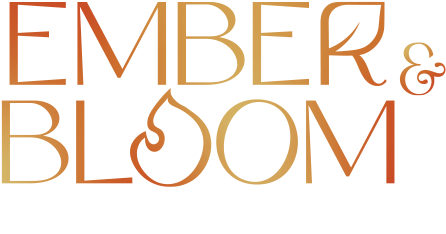
Emotional wellness is a critical aspect of overall well-being, influencing how we manage stress, interact with others, and make decisions. It involves understanding and accepting our emotions, developing resilience, and cultivating positive relationships. By prioritizing emotional wellness, we can lead more balanced, fulfilling lives. Here’s how to enhance your emotional health and achieve greater emotional wellness.
Understanding Emotional Wellness
Emotional wellness encompasses several key elements:
- Self-Awareness: Recognizing and understanding your emotions, as well as their impact on your thoughts and behaviors.
- Emotional Regulation: Effectively managing and responding to your emotions, especially during challenging situations.
- Resilience: The ability to bounce back from setbacks and cope with stress in a healthy way.
- Positive Relationships: Building and maintaining supportive, healthy relationships that provide emotional support and connection.
Key Components of Emotional Wellness
Self-Awareness: Developing self-awareness involves paying attention to your emotions and understanding how they influence your actions. Regular self-reflection, journaling, or meditation can help increase your emotional awareness.
Emotional Regulation: Learning to manage your emotions is crucial for emotional wellness. Techniques such as deep breathing, mindfulness, and cognitive-behavioral strategies can help you respond to emotions in a healthy way.
Healthy Coping Mechanisms: Developing healthy coping mechanisms for stress and negative emotions is essential. This might include physical activity, creative pursuits, talking with a trusted friend, or seeking professional help when needed.
Positive Relationships: Surrounding yourself with supportive, positive people can enhance your emotional wellness. Building strong connections provides a sense of belonging and a network of emotional support.
Self-Compassion: Practicing self-compassion involves being kind to yourself, especially during times of difficulty. Treat yourself with the same care and understanding that you would offer to a friend.
Practical Tips for Enhancing Emotional Wellness
Practice Mindfulness: Engage in mindfulness exercises to stay present and reduce stress. Techniques like meditation, yoga, or mindful breathing can help you manage your emotions more effectively.
Express Your Emotions: Find healthy ways to express your emotions, whether through talking with a trusted friend, writing in a journal, or engaging in creative activities like art or music.
Build a Support Network: Cultivate relationships with people who uplift and support you. Make an effort to spend time with loved ones and seek out new connections that enrich your life.
Engage in Self-Care: Prioritize self-care activities that nurture your emotional health, such as exercise, adequate sleep, healthy eating, and hobbies that bring you joy.
Set Boundaries: Learn to set healthy boundaries in your relationships and personal life. Saying no when necessary and protecting your time and energy can prevent emotional burnout.
Seek Professional Help: Don’t hesitate to seek help from a therapist or counselor if you’re struggling with emotional issues. Professional support can provide valuable tools and strategies for managing your emotions.
Emotional wellness is a vital part of leading a balanced, healthy life. By developing self-awareness, learning to regulate your emotions, building a support network, and practicing self-compassion, you can enhance your emotional health and overall well-being. Remember, emotional wellness is an ongoing journey that requires intentional effort and self-care. Embrace the process, and prioritize your emotional health for a more fulfilling and resilient life.
